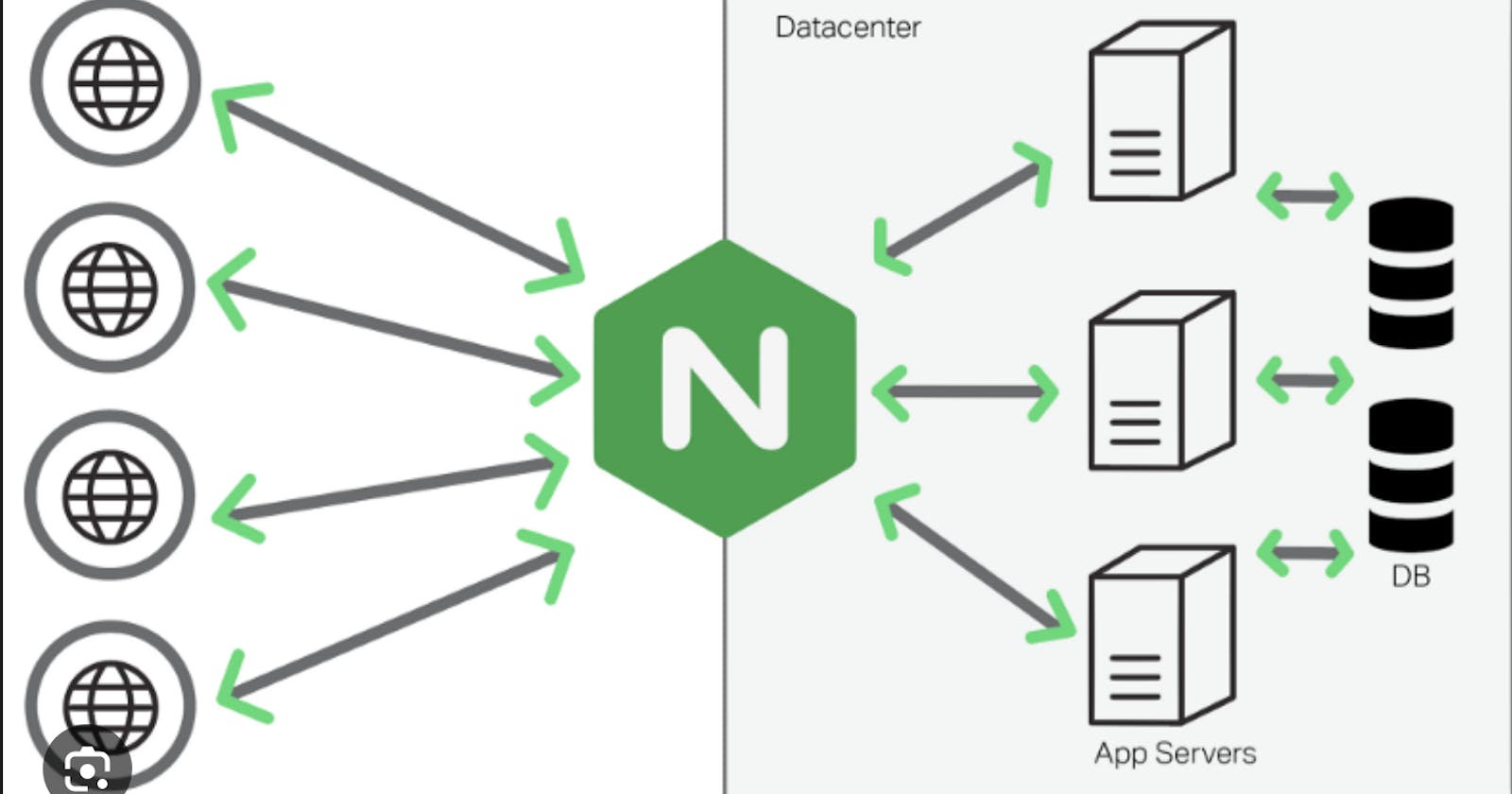Unleashing the Power of NGINX: Revolutionizing Web Server Performance and Scalability
Introduction:
In today's fast-paced digital world, web servers play a vital role in delivering efficient and secure web applications. Among the wide array of options available, NGINX has emerged as a popular choice for many developers, system administrators, and DevOps professionals. In this comprehensive guide, we will dive deep into the world of NGINX, exploring its features, benefits, and practical use cases.
What is NGINX?
NGINX is a high-performance, open-source web server and reverse proxy server software that excels at handling concurrent connections, efficiently serving static content, and acting as a load balancer. Originally developed to solve the C10k problem (handling 10,000 concurrent connections), NGINX has evolved into a versatile tool used by millions of websites worldwide.
Key Features and Benefits:
1. High Performance and Scalability: NGINX's asynchronous, event-driven architecture allows it to handle a large number of simultaneous connections efficiently, making it ideal for high-traffic websites. Its small memory footprint and efficient resource management contribute to its exceptional performance and scalability.
2. Load Balancing and Reverse Proxying: NGINX shines as a load balancer, distributing incoming traffic across multiple backend servers to ensure optimal resource utilization and high availability. It also excels at reverse proxying, serving as an intermediary between clients and web servers, improving security and performance.
3. Caching and Content Delivery: NGINX includes robust caching mechanisms that enable the caching of static content, reducing the load on backend servers and significantly improving response times. It can also be configured as a content delivery network (CDN) edge server, caching and serving content from multiple geographically distributed locations.
4. SSL/TLS Termination and Security: NGINX offers powerful SSL/TLS termination capabilities, enabling secure communication between clients and web servers. It supports various encryption protocols, cipher suites, and security features, allowing developers to implement robust security measures for their applications.
Use Cases:
1. Web Server: NGINX can serve as a standalone web server, delivering static content with speed and efficiency. It supports common web server features, such as URL rewriting, virtual hosting, and directory indexing, making it an excellent choice for hosting websites and web applications.
2. Reverse Proxy Server: By acting as a reverse proxy, NGINX can distribute client requests across multiple backend servers, balancing the load and improving overall performance. It can perform health checks, automatically route traffic to healthy servers, and handle failover scenarios seamlessly.
3. Load Balancer: NGINX's load balancing capabilities make it an essential component in scalable, highly available systems. It can evenly distribute incoming requests among backend servers based on various algorithms, such as round-robin, IP hash, or least connections, ensuring optimal resource utilization.
4. Caching Server: NGINX's caching abilities are invaluable for applications that serve static content. By caching frequently accessed files, NGINX reduces the load on backend servers, minimizes response times, and improves the overall user experience.
NGINX Configuration and Customization:
NGINX provides a flexible and powerful configuration system, allowing developers to fine-tune its behavior to suit their specific requirements. The configuration file uses a simple syntax and offers a wide range of directives, enabling customization of various aspects like server behavior, caching rules, SSL/TLS settings, and much more.
NGINX and DevOps:
NGINX has become a staple tool in the DevOps ecosystem, playing a crucial role in modern infrastructure and application deployments. Its lightweight nature, scalability, and extensive feature set make it an
Conclusion:
NGINX is a game-changer in the realm of web servers, offering high performance, scalability, and a wide range of features. With its ability to handle concurrent connections, act as a load balancer, and provide efficient caching, NGINX empowers developers to optimize their applications for speed and reliability. Its robust security features and easy customization options make it a valuable asset in the DevOps ecosystem. Embracing NGINX unlocks the potential for exceptional web server performance, scalability, and security.
